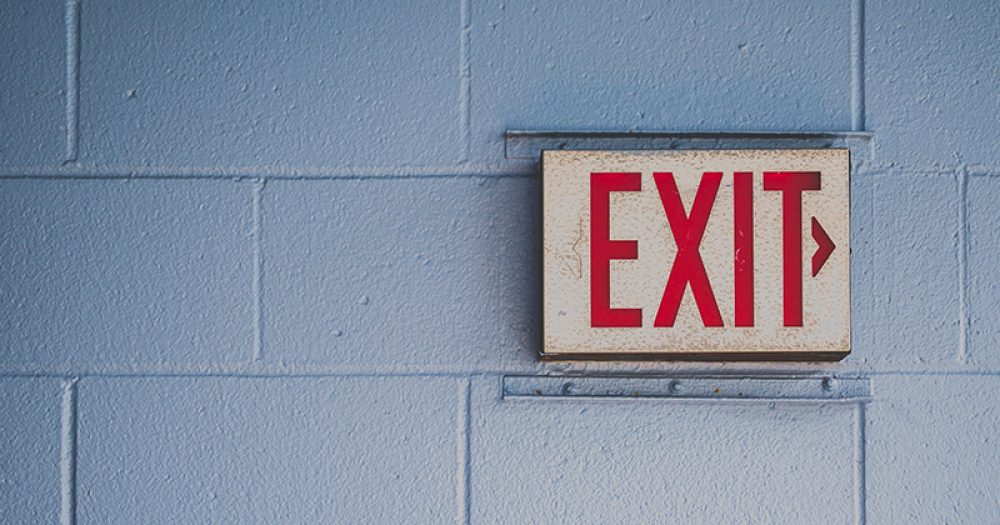There is much to admire about Edward Timpson’s review of school exclusions, starting with his clear statement that schools must be calm and safe places, with strong behaviour cultures.
Every parent wants their child to go to a school that is safe and where learning can take place in an orderly environment.
Parents should not have to worry that their children are bullied, that learning is routinely disrupted or that their child is quite simply not safe. Happily, most schools and classrooms are orderly places, safe for both children and adults, where purposeful learning takes place – eighty-six per cent of schools were judged good or outstanding at their most recent inspection.
However, there are a small group of schools that are stuck in cycles of under-performance with poor behaviour – some of these haven’t been rated good by Ofsted in more than a decade. And some of these schools are not safe for children nor adults – they are places where learning is severely compromised.
The difficulty of turning these schools around should not be under-estimated. The norms of behaviour probably match the descriptions set out in the headlines over the Easter weekend this year where some teachers said they experience physical violence from pupils at least once a week, and many say poor behaviour is making them want to leave the profession. And if teachers are experiencing this physical violence, so will other children.
In these schools, it is essential that leaders act quickly and decisively to make the school safe. They must be able to use the sanction of exclusion – temporary or permanent for the most serious transgressions.
This may look harsh to the outsider. But the vast majority of pupils and parents want order to be restored
This may look harsh to the outsider. It will certainly be a huge cultural shock to the unsafe behavioural norms in the school. But the vast majority of pupils and parents want order to be restored.
Of course it is important to identify individual needs for children’s who may have a range of difficulties and to work as hard as we possibly can to support all children and young people to succeed. With the reduction in services to support schools, they often hold on to young people with a range of complex needs for a very long time. And we are duty-bound as professionals to act in the best interests of these children. Sometimes, alternative provision is the right decision for the child.
As a society, we need to be clear about what we want from schools and school leaders. If we want children to know and accept the rules of society – that one cannot with impunity be violent to others – then we need to trust school leaders to use the ultimate sanction wisely. Powers to exclude should not be curtailed.
Schools are places where children and young people learn about the rules and norms of a safe society and the common good. School leaders work for the good of all children. They seek to enable all young people to lead useful, happy and fulfilling lives. Sometimes they are confronted with really difficult decisions – the decision to use the ultimate sanction of exclusion is never easy.
Ultimately what does any parent want from the school to which they send their child? That their child is safe and happy and able to learn and flourish. Isn’t this also what we want from the good society?








What a shame Ms Cruddas didn’t use this to send a message to the minority of schools who illegally or pre-emptively exclude students. Or was that the part of the Timpson review that she didn’t admire?
If it’s necessary to exclude a child, then do it legally so they become the LA’s responsibility and get the support they need. Don’t off-roll, put them on reduced timetables for years, send them home on ‘study leave’ or to ‘cool down’ without recording it as an exclusion or make pathetic excuses to justify refusing to take them in the first place.
Mr Timpson acknowledged that doing this means that exclusion rates will appear to rise, but there will be a clear picture of the scale of the problem and the type of alternative provision that’s needed. And then, just maybe, we might be at the beginning of the journey to a system that works better for everyone.
I don’t think that’s an entirely fair comment. There have been many Schools Week articles on the Timpson Review and its findings, and most of these have a substantive focus on the ‘wrongdoings’ of schools which exclude pupils.
We didn’t need another one of those pieces, and this one comes from a different standpoint which (I presume) was meant to come across as a reminder that not all exclusions are ‘wrong’.
This wasn’t meant to be an substantive and exhaustive overview of the Timpson review …